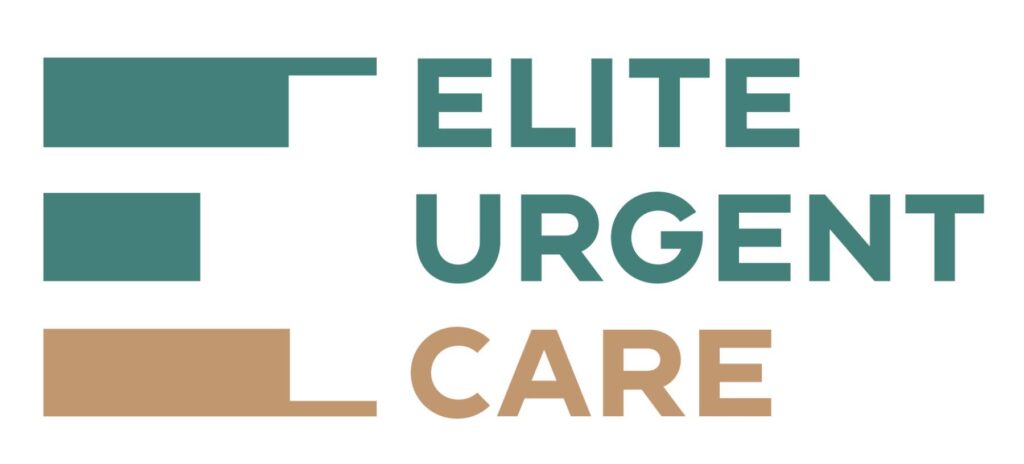
Blood type is more than just a detail on your medical chart; it can have a significant impact on your overall health and well-being. Understanding your blood type can provide valuable insights into your susceptibility to certain diseases, how your body responds to infections, and even how you should tailor your diet and lifestyle for optimal health.
Blood Types Explained
There are four main blood types: A, B, AB, and O. Each blood type is determined by the presence or absence of certain antigens on the surface of red blood cells. Additionally, the Rh factor, which can be positive or negative, further classifies blood types. This classification is essential for blood transfusions, organ transplants, and pregnancy, as incompatible blood types can cause serious complications.
Disease Susceptibility
Research has shown that blood type can influence the risk of developing certain diseases. For example, individuals with blood type O have a lower risk of heart disease but a higher risk of developing peptic ulcers caused by Helicobacter pylori bacteria. Conversely, people with blood types A, B, and AB have a higher risk of heart disease but a lower risk of ulcers. Blood type A has been associated with a higher risk of certain cancers, such as stomach and pancreatic cancers, while blood type AB is linked to an increased risk of cognitive impairment.
Blood Type and Infections
Your blood type can also affect how your body responds to infections. Studies have found that individuals with blood type O are less susceptible to severe malaria but may have a higher susceptibility to norovirus infections. On the other hand, people with blood type A might have a greater risk of severe COVID-19 complications. Understanding these correlations can help in developing personalized medical treatments and preventive strategies.
Diet and Lifestyle Considerations
Some diet and wellness advocates suggest that your blood type should influence your dietary choices, though these claims are not universally accepted by the scientific community. The blood type diet, popularized by Dr. Peter D’Adamo, recommends specific diets for each blood type to improve health and reduce disease risk. For instance, individuals with blood type O are advised to follow a high-protein diet rich in lean meats and fish, while those with blood type A are encouraged to adopt a plant-based diet. While there is limited scientific evidence to support these specific dietary recommendations, maintaining a balanced diet and healthy lifestyle is universally beneficial.
Blood Type and Pregnancy
Blood type compatibility is crucial during pregnancy. An Rh-negative mother carrying an Rh-positive baby can develop antibodies against the baby’s blood cells, leading to hemolytic disease of the newborn (HDN). Fortunately, this condition can be managed with medical interventions such as Rh immunoglobulin injections. Knowing your blood type and Rh factor can help ensure a safe pregnancy and prevent complications.
Conclusion
Understanding your blood type is an essential aspect of managing your health. While it may not dictate every aspect of your well-being, it can provide valuable insights into your risk factors for certain diseases, how your body responds to infections, and considerations for your diet and lifestyle. By staying informed about your blood type and its potential implications, you can take proactive steps to optimize your health and well-being. Always consult with healthcare professionals to get personalized advice and treatment based on your unique health profile.
